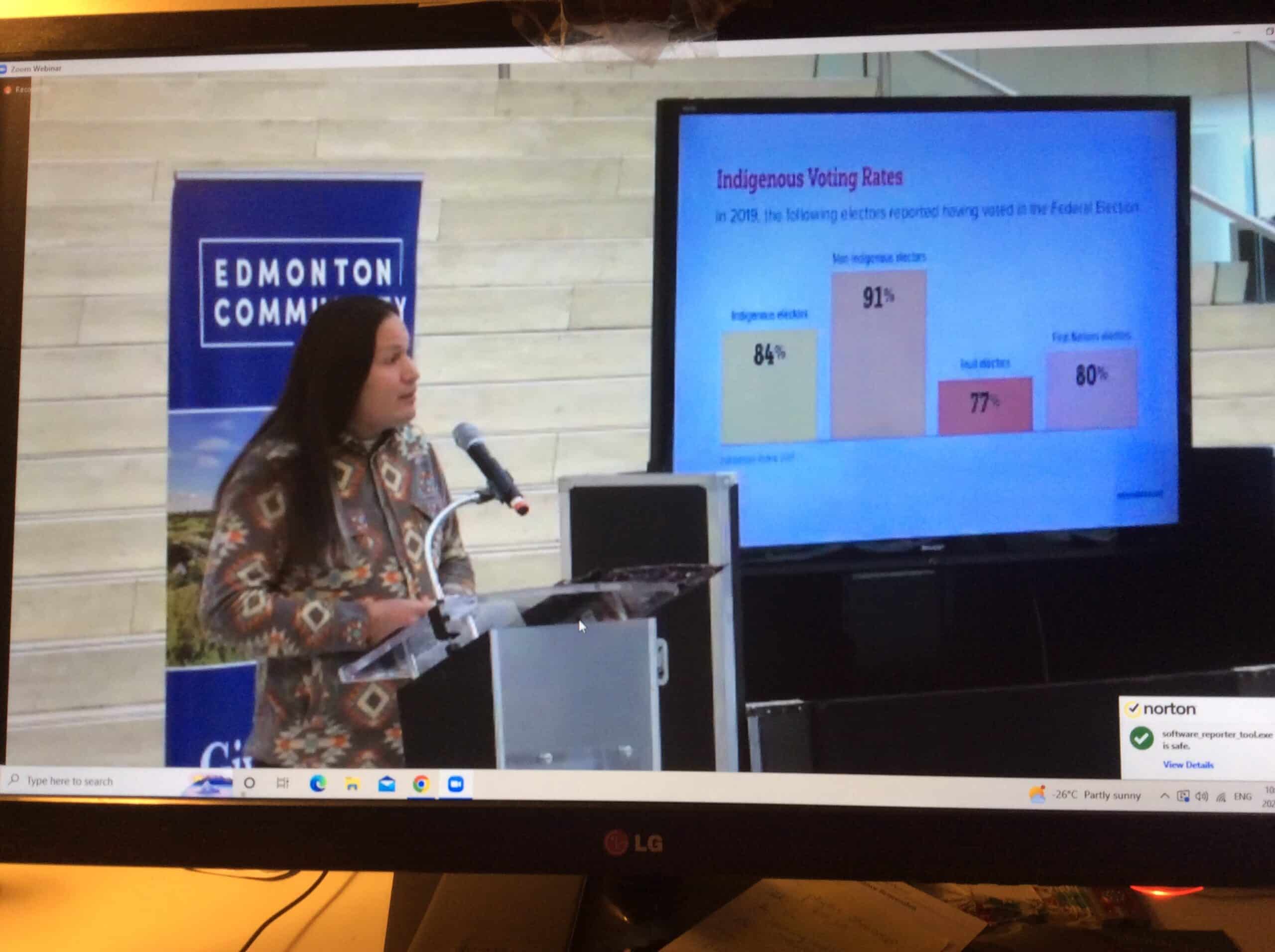Delving into a must-read report
The 2022 Vital Signs report, A Look at Systemic Racism in Edmonton, is a must-read for everyone. The Edmonton Social Planning Council (ESPC) and Edmonton Community Foundation partnered to create this report, which covers everything from Edmonton’s history of racism to our city’s issues around housing, safety, health, education, and more.
Here is food for thought from the report: in a 2020 survey, the quality of life in Edmonton was rated as very good or excellent by 59 per cent of those surveyed. By 2022, the percentage dropped to 43 per cent.
In 2020, 73 per cent of Edmontonians felt safe in the city. In a 2022 survey, that figure dropped to 61 per cent.
Our city is not doing well in the eyes of its citizens. To learn the reasons why, and to measure the status of aspects of our community, the report is a crucial document. For more than 75 years, ESPC has created these annual check-ups as a teaching tool to promote discussion and to prompt a call to action.
“The report opens up for thoughtful conversations,” says Susan Morrissey, executive director of ESPC, at the report’s launch at Edmonton City Hall on Dec. 1. “Everyone can read the report to learn something new about the community.”
Also speaking at the launch were NDP MLA David Shepherd and Indigenous community leader Lloyd Cardinal. Both of them brought an informed perspective.

Data for the report came from sources such as Statistics Canada, the Canada Mortgage and Housing Corporation, and academic studies. This is not good enough, says Shepherd, and the lack of deep and consistent research is evident. “Racism even shows up as we research racism.”
The lack of recent local data for some groups and topics led the report’s authors to cite older studies and sources outside the city. “The provincial government should be collecting race-based data. Doing so could be used to address systemic racism and inequality,” says Shepherd.
Lloyd Cardinal is a Nêhiyawak (Cree) with both Métis and Treaty 6 ancestry. He is the co-chair of the Indigenous Circle with EndPoverty Edmonton, as well as a knowledge keeper, an educator, and a drummer.
Two generations of his family were forced off their land at Wolf Lake Métis Settlement on May 6, 1960. His grandfather, Isadore Cardinal, lived a traditional life on one side of the lake; Lloyd’s father, Gus Cardinal, lived across the lake. Established as one of 12 Métis settlements after a provincial order-in-council in the late 1930s, the Province of Alberta shut down the settlement that day.
All settlement members were forced to leave. In response, Isadore Cardinal bought his fenced quarter section of land eight miles south of Wolf Lake so that he could stay. Others joined the remaining eight isolated Métis settlements or moved to urban areas. “This is why we are in the city,” Cardinal shares.
This unknown history accounts for some of the issues facing Indigenous people today. “Our land was taken away from our people,” says Cardinal. He continues, “Many Indigenous people blow around in the wind without identity and without connection to their ancestors. We are reclaiming our culture and identity. Our relationship to the land is deep; our roots go deep into the ground.”
Cardinal, a member of the report’s advisory committee, says the need to gather current data is outstanding. “A lot of this data is old and outdated, but it’s the best we have now,” he observes. “Indigenous people are the fastest growing population in Canada.”
A Look at Systemic Racism in Edmonton is a richly informative report. When closing the launch, Alom Deng with the African Canadian Civic Engagement Council shared: “There are three things we can all easily do: participate in Indigenous-led events, attend community town halls, and support grassroots initiatives.”
The report is available at: www.ecfoundation.org/initiatives/vital-signs/report-2022/.
Constance is the editor of Memories of a Metis Settlement, Eighty Years of East Prairie Metis Settlement, published by East Prairie Metis Settlement and Theytus Books (2018).







